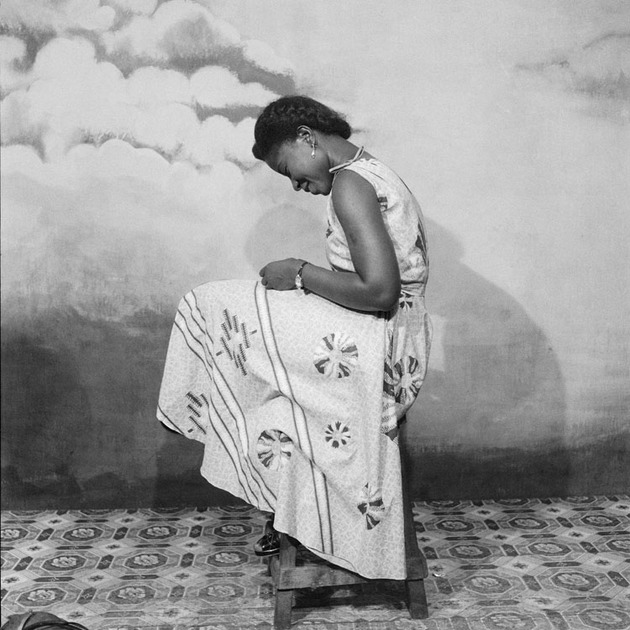Fake-talk, Side Effects And the Trouble with Hormonal Contraceptives among Women in Dar es Salaam
Abstract
—
Published: 27 September 2023
Gender
Reproductive health
Fake pharmaceuticals
Contraceptives
Tanzania
https://doi.org/10.17157/mat.10.3.7277
Abstract
This article analyses women’s accounts about hormonal contraceptives in Tanzania, and the social, cultural, political, and economic contexts that cause them to use such contraceptives, even as they called them ‘feki’ (Swahili for fake). Drawing on four months of ethnographic fieldwork and interviews with four working-class women from various districts in Dar es Salaam, my research explores their anxieties about using these medications, the side effects of which they believe pose a threat to their health. The possible biomedical side effects the women spoke of include prolonged menstrual cycles, stomach cramps, fibroids, cancer, and infertility. They reasoned that medicine should not bring suffering to the body, and that therefore, if a woman experiences side effects it is a matter of concern. Given that all medications have side effects, I was interested in what exactly these women meant when they identified hormonal contraceptives as ‘feki’. Furthermore, if they believed that these contraceptives were fake, why did they continue to use them? Over time, I came to understand that calling hormonal contraceptives ‘feki’ did not mean the women thought the pharmaceuticals were inauthentic or ineffective in preventing pregnancy. Rather, it reflected their view of such drugs as being morally problematic, but sometimes necessary.
